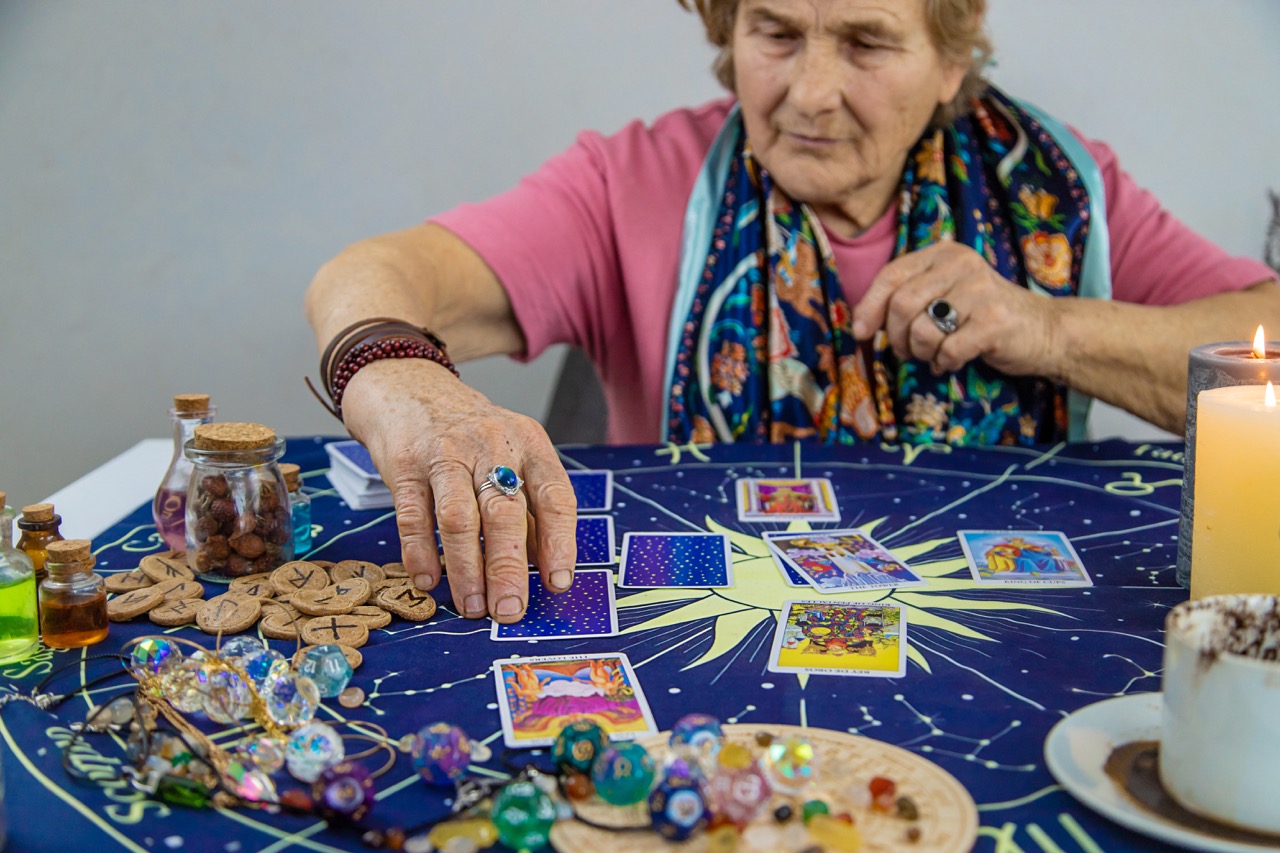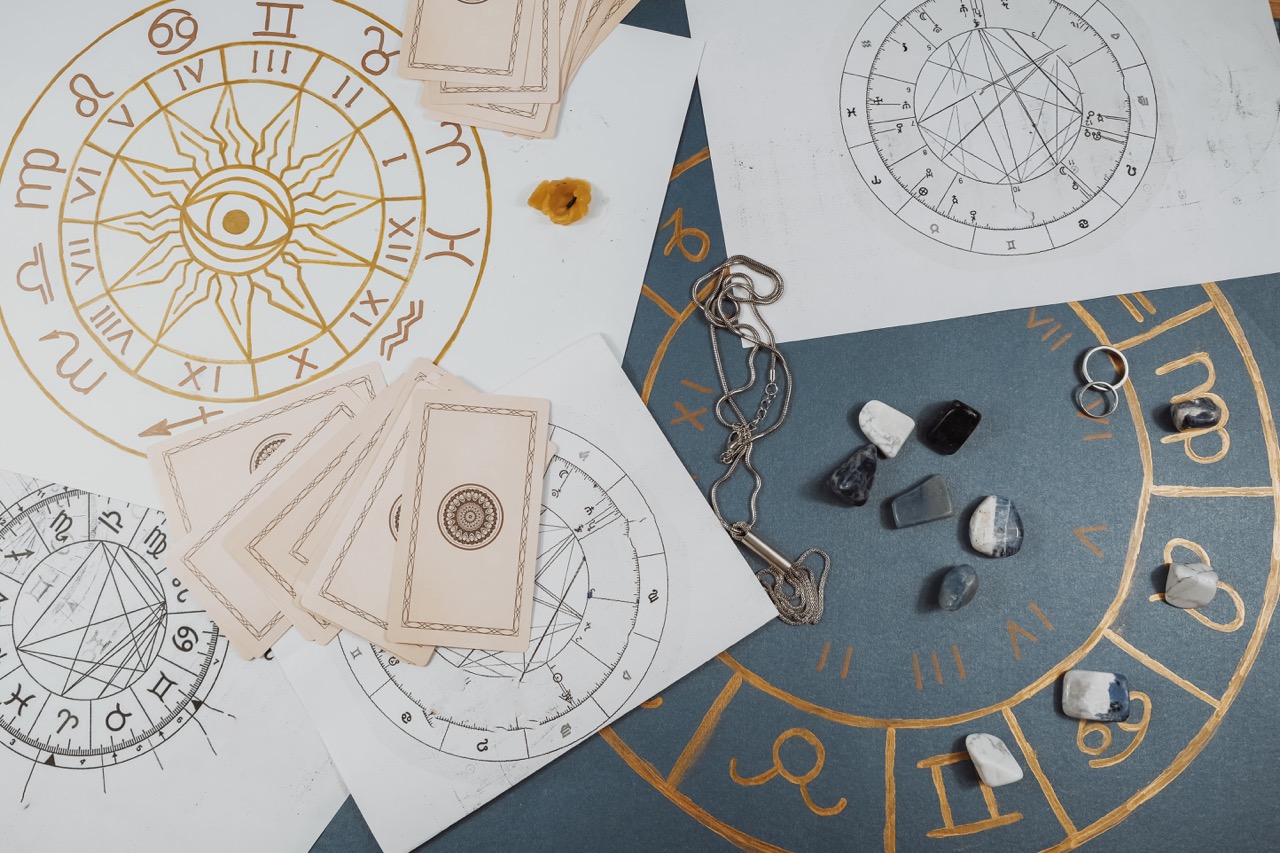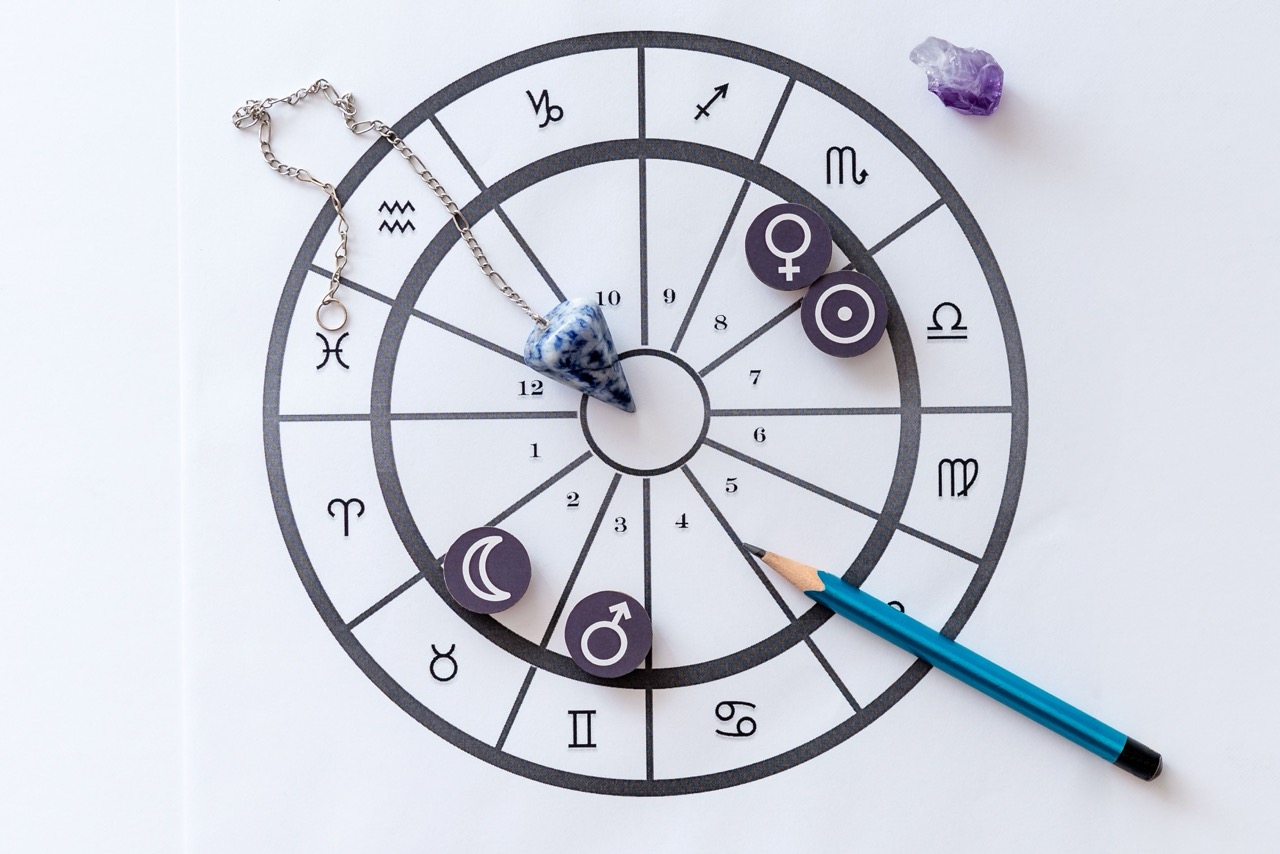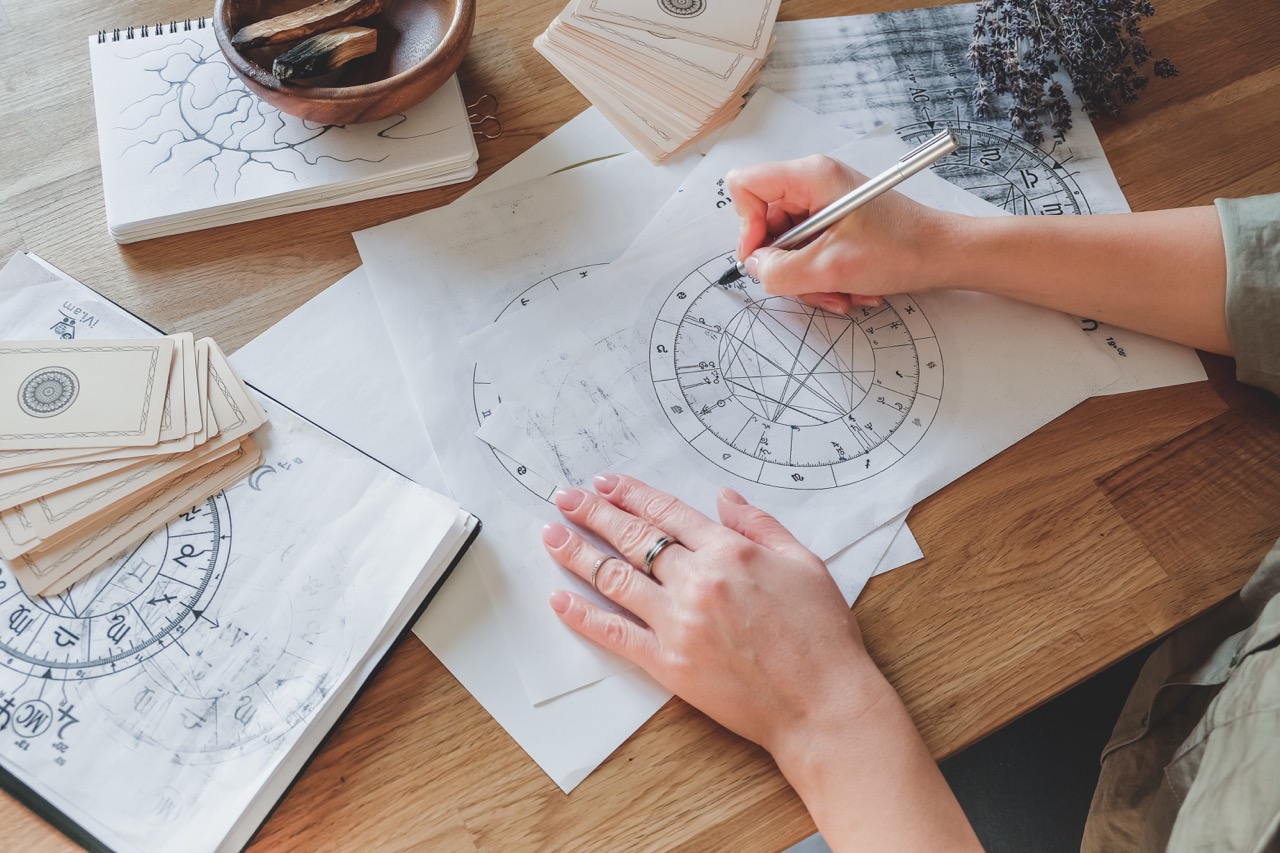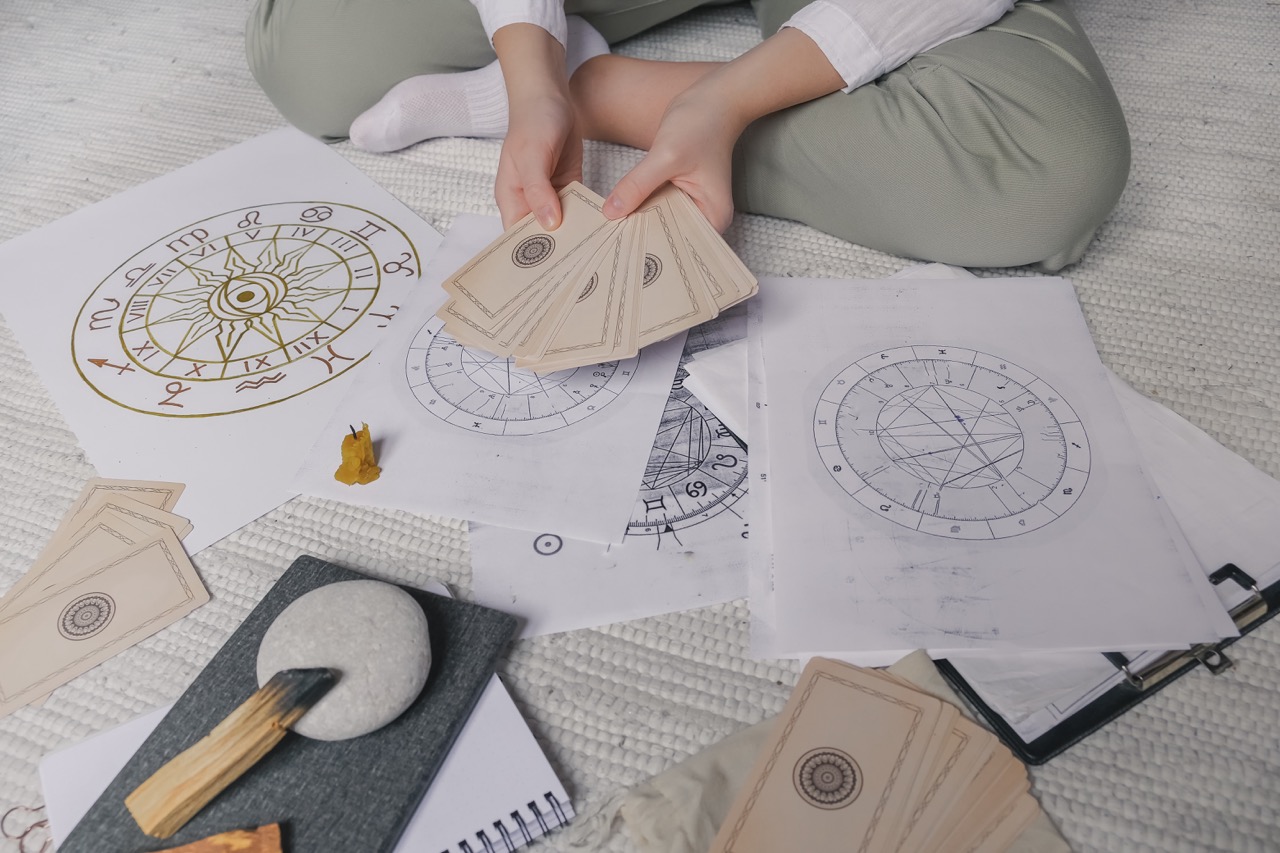In an era rife with uncertainty and rapid shifts, many individuals turn to the cosmos for daily guidance. Daily horoscopes have emerged as casual companions in our morning routines, offering a glimpse into what the day may hold. But can these celestial predictions truly shape our experiences, or are they mere whimsical musings? This article delves deep into the ancient art of astrology, exploring its relevance in contemporary life, the science behind its claims, and the ongoing debate between skeptics and believers.
When Stars Align: The Ancient Art of Daily Predictions
Astrology has roots that reach back thousands of years, intertwining with the histories of numerous cultures, from the Babylonians to the ancient Greeks. At its core, astrology is a belief system positing that the positions and movements of celestial bodies can influence human affairs and natural phenomena. This ancient art has captured the imaginations of countless generations, as people sought to understand their place in the universe and the rhythm of their lives through the movements of stars and planets.
Horoscopes, specifically, are personalized interpretations of astrological positions at a given time, often focusing on the position of the sun, moon, and planets relative to an individual’s zodiac sign. Each sign is associated with distinct traits and tendencies, suggesting that these celestial alignments can foreshadow events or moods for those born under them. As days unfold, the astrological predictions serve as a compass, guiding individuals through their daily challenges and opportunities, reinforcing the timeless connection between humanity and the cosmos.
As societies evolved, so did the practice of astrology, adapting to cultural shifts and technological advancements. Yet, the essence of astrology remains rooted in its ability to provide comfort and insight. Whether one is a fervent believer or a casual reader, the practice continues to resonate, reminding us of the age-old quest for meaning and connection in our lives against the backdrop of an ever-expanding universe.
A Morning Ritual: How Horoscopes Shape Our Mindset
For many, reading the daily horoscope has become a cherished morning ritual, akin to sipping coffee or scrolling through social media. This brief encounter with the cosmos offers an opportunity for reflection, setting the tone for the day ahead. By considering the predictions, individuals often find themselves contemplating their choices and interactions, allowing the horoscope to shape their mindset as they navigate the day’s uncertainties.
As they read about potential challenges or positive influences, people may consciously or subconsciously align their attitudes and actions with their horoscopes. For instance, a prediction urging caution in personal relationships might encourage someone to approach interactions with sensitivity, while a suggestion of financial opportunities could ignite a renewed focus on budgeting or investments. In this way, horoscopes can act as a subtle guide, influencing decisions and perceptions, whether or not one explicitly believes in their predictive power.
Moreover, the practice of engaging with daily horoscopes fosters a sense of community and shared experience. Friends and colleagues often exchange insights, drawing connections between their lives and the cosmic narratives presented in their horoscopes. This shared dialogue not only enhances interpersonal connections but also creates a collective exploration of personal growth and self-awareness, transforming the horoscope from a mere prediction into a tool for fostering understanding among individuals.
The Science Behind Astrology: Can It Be Trusted?
Despite the popularity of horoscopes, their validity remains a contentious topic, especially among those who value empirical evidence. Skeptics often argue that astrology lacks a scientific basis, pointing to the absence of measurable outcomes that can reliably correlate celestial movements with human behavior. They contend that horoscopes function primarily through the psychological phenomenon known as the Forer effect, where vague and general statements resonate with a wide audience, leading individuals to attribute personal significance to them.
On the other hand, proponents of astrology argue for its intuitive and experiential qualities. Many followers assert that horoscopes provide valuable insights that resonate deeply with their life experiences, regardless of scientific scrutiny. They advocate for a perspective that embraces astrology as a complementary tool for self-reflection rather than a rigid predictive science, allowing individuals to explore their feelings and decisions without the constraints of empirical validation.
As the debate persists, it has sparked a growing interest in studying the psychological and social effects of astrology. Research exploring the impact of horoscopes on mood, decision-making, and interpersonal relationships continues to unfold, hinting at the intricate connection between belief systems and human behavior. While the scientific community may remain skeptical, the emotional and psychological resonance of horoscopes cannot be easily dismissed, inviting further exploration of their role in contemporary life.
Real Stories: When Horoscopes Hit the Nail on the Head
While skepticism abounds, many individuals share compelling anecdotes of times when horoscopes seemed uncannily accurate. From unexpected career advancements to personal revelations about relationships, these stories often revolve around moments where astrological predictions aligned with significant life events. Such experiences foster a sense of wonder and curiosity about the cosmos, nudging believers to trust in the guidance offered by the stars.
Take, for instance, the story of a woman who decided to take a leap of faith and change careers after reading her horoscope, which encouraged her to pursue her passion for art. The prediction urged her to embrace creativity and take risks, leading her to not only discover her true calling but also to find a community of like-minded individuals who supported her journey. In this case, the horoscope served as a catalyst for transformation, reinforcing the belief that when the stars align, incredible opportunities can emerge.
These real-life experiences often serve as the foundation for deeper connections to astrology, with believers recounting how their lives were influenced by the serendipitous alignment of celestial events. Whether it’s a positive affirmation that encourages self-worth or a timely warning to tread carefully, horoscopes can evoke profound emotional responses, reinforcing the idea that our paths are, in some way, intertwined with the cosmic dance unfolding above.
Skeptics vs. Believers: The Great Horoscope Debate
The conversation surrounding horoscopes inevitably leads to a divide between skeptics and believers. Skeptics argue that horoscopes are mere entertainment, often dismissing them as pseudoscience. They emphasize critical thinking and empirical evidence, asserting that one should rely on facts rather than celestial conjectures when making life decisions. This perspective encourages individuals to confront their circumstances with rationality rather than superstition.
Conversely, believers assert that the intangible aspects of life—such as emotions, intuition, and existential questions—cannot always be quantified. They argue that horoscopes offer a framework for understanding life’s intricacies, providing a sense of comfort and guidance. For many, astrology becomes a meaningful tool for introspection, allowing them to navigate life’s unpredictable currents with a sense of agency and purpose. This perspective values personal experience and subjective interpretation as valid forms of understanding.
This ongoing debate showcases the diverse ways in which humans seek meaning and connection in their lives. Whether through the scientific lens of skepticism or the intuitive embrace of belief, each perspective contributes to the rich tapestry of human experience. Ultimately, the conversation surrounding horoscopes invites individuals to explore their views on destiny, free will, and the mysteries of the universe, fostering dialogue that transcends the boundaries of belief.
Living by the Stars: Transforming Your Daily Journey
For those who choose to embrace horoscopes as part of their daily life, the experience can be transformative. By weaving astrological insights into their routines, individuals often cultivate a deeper sense of self-awareness and connection to the world around them. As they reflect on the cosmic predictions, many find themselves more attuned to their emotions, relationships, and personal goals, allowing them to navigate challenges with newfound clarity and purpose.
Integrating horoscopes can also foster a sense of mindfulness, as individuals become more present in their daily experiences. The practice encourages them to pause, reflect, and align their actions with their values and aspirations. In this way, horoscopes can serve as a gentle reminder to stay true to oneself, prompting individuals to cultivate resilience and adaptability in the face of life’s uncertainties.
Moreover, living by the stars can enhance one’s journey of personal growth and exploration. As individuals track patterns in their lives and observe how celestial predictions align with their experiences, they may uncover insights that lead to greater understanding and a heightened sense of agency. In this cosmic dance, horoscopes become more than mere predictions; they evolve into a companion on the journey of self-discovery, illuminating paths that might otherwise remain hidden.
In the end, the allure of daily horoscopes lies not solely in their ability to predict the future but in their power to inspire reflection, connection, and self-discovery. Whether you regard them with skepticism or embrace their guidance with open arms, horoscopes invite us to explore the interplay between the cosmos and our daily lives. As we navigate the complexities of existence, perhaps there is a little wisdom to be found in the stars, reminding us that, sometimes, our journeys are guided by forces greater than ourselves.
